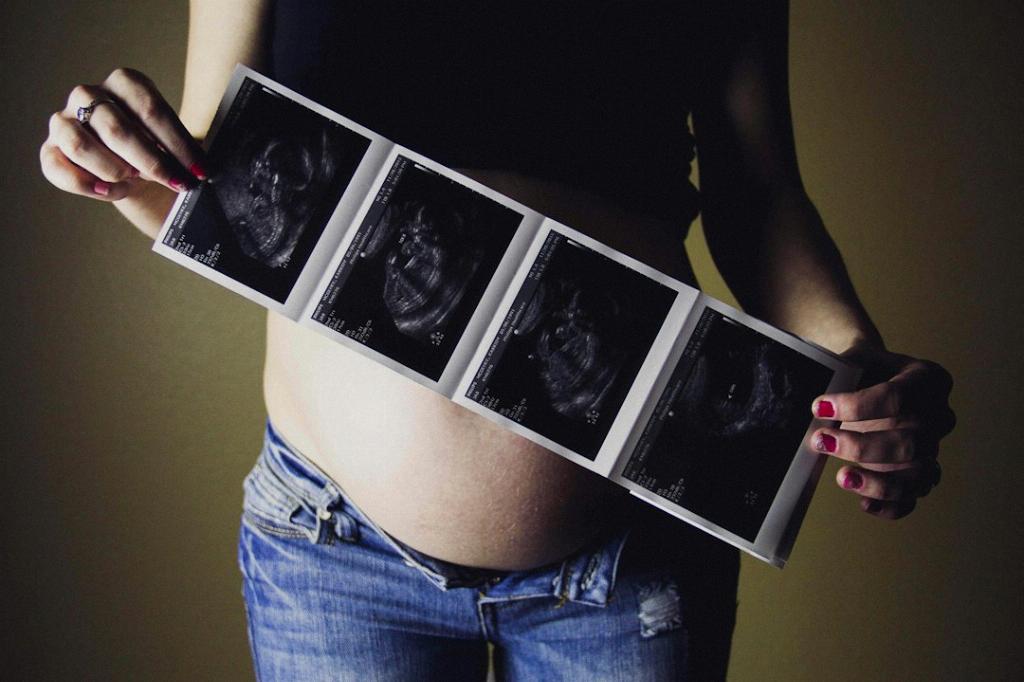Living with bipolar disorder can present challenges at any stage of life, but its effects during pregnancy can be particularly notable. Research shows that bipolar disorder can exacerbate during the pregnancy period, leading to increased risks for both the mother and the baby. Let’s delve deeper into how bipolar disorder can impact pregnancy.
Heightened Risk of Hospital Admissions
Pregnant women or new mothers with bipolar disorder face a significantly higher risk of hospital admissions compared to those without the condition. In fact, studies indicate that this group has a seven times higher likelihood of needing hospital care during pregnancy. This increased risk underscores the importance of closely monitoring and managing bipolar symptoms throughout the prenatal period.
Medication Concerns
Another crucial aspect to consider is the use of medications to manage bipolar symptoms during pregnancy. Many medications used to treat bipolar disorder may pose potential risks to the developing fetus. Balancing the need for medication to maintain the mother’s stability with the potential risks to the baby requires careful evaluation and consultation with healthcare professionals.
Mood Swings and Emotional Challenges
Pregnancy itself can be a time of intense emotional turmoil due to hormonal changes and the anticipation of motherhood. When coupled with the mood swings characteristic of bipolar disorder, this emotional rollercoaster can become even more pronounced. Coping with rapid changes in mood and ensuring emotional stability become essential tasks for pregnant individuals with bipolar disorder.
Risk of Postpartum Episodes
While pregnancy presents its challenges for individuals with bipolar disorder, the postpartum period can also carry risks. The hormonal fluctuations and stress of caring for a newborn can trigger manic or depressive episodes in women with bipolar disorder. Recognizing the signs of postpartum mood changes and having a support system in place are vital steps in managing this phase.
Increased Monitoring and Support
Given the heightened risks associated with bipolar disorder during pregnancy and postpartum, increased monitoring and support are crucial. Regular visits to healthcare providers, therapy sessions, and a strong support network can help individuals navigate the challenges posed by bipolar disorder while pregnant and after giving birth.
Impact on Maternal Health
Aside from the risks to the baby, bipolar disorder during pregnancy can also impact the mother’s overall health. The stress of managing the disorder while pregnant can lead to physical health issues and exacerbate existing mental health symptoms. Prioritizing self-care and seeking professional help when needed are vital components of ensuring maternal well-being.
Potential Effects on the Baby
Research suggests that uncontrolled bipolar disorder during pregnancy can have repercussions on the baby’s development. High levels of stress hormones in the mother’s body due to untreated bipolar symptoms can affect the baby’s growth and neurological development. Addressing maternal mental health is crucial for promoting the health of both the mother and the baby.
Importance of a Comprehensive Treatment Plan
Developing a comprehensive treatment plan that addresses both the physical and mental aspects of pregnancy is essential for individuals with bipolar disorder. Collaboration between mental health professionals, obstetricians, and other healthcare providers is key to ensuring that the mother receives the support and care needed to navigate pregnancy while managing bipolar symptoms.
Educating Expectant Mothers
Education plays a crucial role in empowering expectant mothers with bipolar disorder. Understanding the potential risks, available treatment options, and strategies for self-care during pregnancy can help individuals make informed decisions about their health and well-being. Open communication with healthcare providers is vital in addressing concerns and making necessary adjustments to the treatment plan.
Supporting Mental Health Postpartum
After the baby is born, the focus shifts to supporting maternal mental health during the postpartum period. Managing the demands of caring for a newborn while dealing with bipolar symptoms requires ongoing support and understanding. Building a strong support network, seeking therapy, and prioritizing self-care activities can aid in promoting emotional well-being for both the mother and the baby.
Conclusion
In conclusion, bipolar disorder can have significant implications for pregnant individuals, necessitating a comprehensive approach to care that addresses both the physical and mental aspects of pregnancy. By prioritizing regular monitoring, seeking professional support, and educating oneself about the condition, individuals with bipolar disorder can successfully navigate pregnancy and postpartum while safeguarding their well-being and that of their baby.

